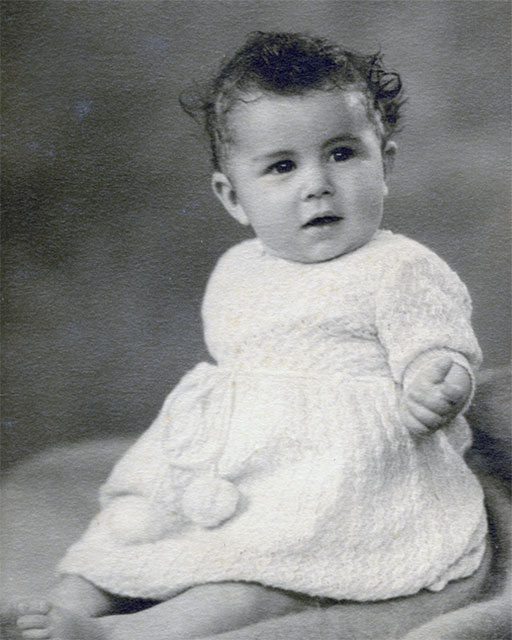
Recently, there has been a lot of focus on Italian citizenship by descent cases in local courts, especially those involving the “minor issue”. Throughout 2024, most local courts continue to approve a significant number of these cases as the judges in the courts tend to be quite objective in following the established legal precedent.
Being that this has caused a lot of concern and impacted a large number of potential applicants we wanted to address the current situation involving the “minor issue”, potential ways to circumvent it, and expectations about what the future may be regarding “minor-age” citizenship cases in the local Italian consulates and courts.
Understanding the “Minor Issue”
Let’s start by clarifying the Italian Citizenship Law that lays the foundation for citizenship by descent cases. Law no. 555/1912, enacted on June 13, 1912, established that Italian citizenship is passed down by jure sanguinis, or “right of blood.” This means descendants of Italian born ancestors can seek and apply for recognition of their Italian citizenship, provided that there is an unbroken bloodline between the applicant and their Italian-born ancestor. At that time, acquiring another nationality meant automatically renouncing their Italian citizenship automatically and involuntarily—a rule that only changed when Law 91/1992 came into effect on August 16, 1992, allowing dual citizenship.
A “minor issue” now comes into play when an Italian-born ancestor voluntarily acquired a foreign citizenship while their child (the next descendant) was still a minor. It’s important to keep in mind that that prior March 9, 1975, the age of adulthood in Italy was 21.
New Guidelines in “Circolare” No. 43347
On October 3, 2024, the Italian Ministry of Interior issued updated guidelines clarifying that if an ancestor was naturalized while their child was still a minor, it would disrupt the transmission of citizenship to future generations. This update has negatively impacted a large number of citizenship by descent cases.
However, these new guidelines, outlined in the “circolare,” only apply to applications filed through an Italian consulate or municipality in Italy. Since public administrations and the judicial system in Italy operate independently, these guidelines do not influence court rulings in any way. This opens the path for many applicants to still successfully apply through the Italian court system depending on the specifics of their case.
Filing Court Cases for Italian Citizenship
The most common reason for filing an Italian citizenship case in the Italian courts instead of through an Italian consulate is known as a “1948 case.” This occurs when you have a female in your bloodline that gives birth to her child prior to 1948. According to the 1912 Citizenship Law, women were initially unable to pass citizenship to their children as they did not have the same rights as men. One of the rights they did not have was the ability to pass Italian citizenship. The change to this law was made to the Italian Constitution on January 1, 1948, granting women the right to pass citizenship. Consequently, cases involving a woman in the Italian family line who gave birth before 1948 are not accepted by consulates or municipalities. However, Italian courts have ruled this restriction as discriminatory and unconstitutional, allowing these cases to be successfully pursued through the Italian court instead.
Another situation arises when wait times for consulate appointments exceed 730 days, which may lead applicants to pursue their cases in court due to what is called a “Denial of Justice”. The Italian consulate is legally required to provide an appointment within 2 years (730 days). Some of these cases also may involve the “minor age” issue, where an Italian-born ancestor acquired foreign citizenship while their child was still a minor.
This opens the opportunity to still file the case through the Italian court and potentially have a successful outcome.
Current “Minor Issue” Situation in the Italian Courts
While pursuing Italian citizenship cases through the courts does carry some risk, most cases are approved by regional courts. Generally, cases are filed at the local court covering the area where the Italian ancestor was born, a law that went into affect in June 2022. Previously, between 2009-2022 all cases were heard in the court of Rome. Cases involving a woman who lost her citizenship due to her husband’s naturalization before 1922, or instances where the Italian ancestor never naturalized or did so after the child reached adulthood, have a high success rate and remains to be a very common and popular way of applying as there are some benefits to the court process.
The “Minor Issue” Moving Forward
Cases involving a “minor age” issue, where an ancestor was naturalized while their child was still a minor, can be filed in court if consulate wait times are too long or if there’s a woman in the family line who gave birth before 1948. Many local courts in Italy have been approving these cases in 2024, despite the guidelines set out in “circolare” No. 43347, which restricts “minor age” cases filed through consulates or municipalities.
We realize the “minor issue” is a very confusing and complex situation to navigate. Please feel free to contact us for legal help with citizenship by descent cases through a consulate, municipality, or the Italian courts. You can reach us directly us at info@italiandualcitizenship.net or (213) 277-8705.
This page was last updated with help by Marco Permunian





